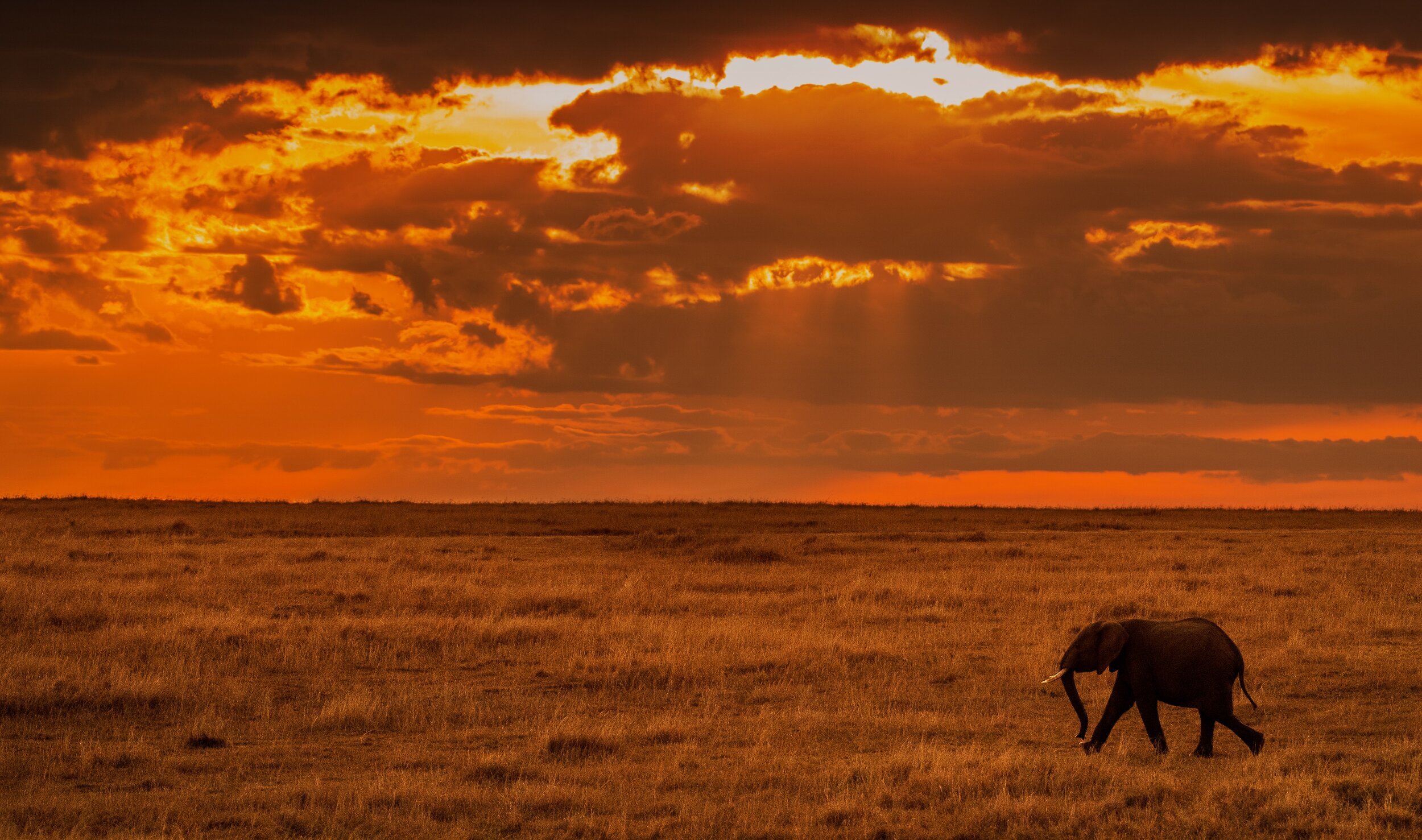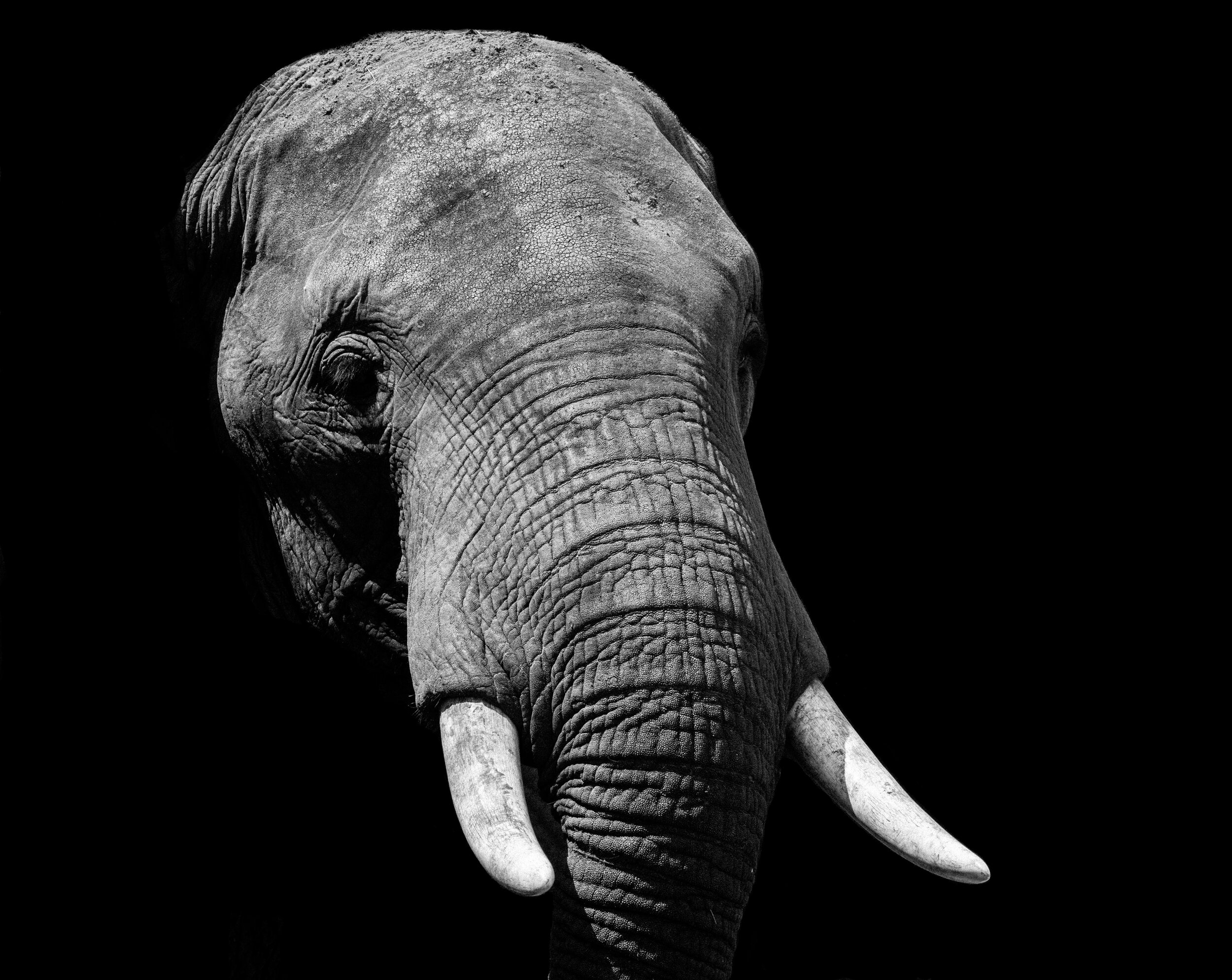
WC20 DECLARATION
Act now to invest in nature or face biodiversity collapse and further pandemics, ‘Wildlife Conservation 20’ warns G20
The unregulated wildlife trade has devastated species and put our global health at risk. Never has it been more urgent for governments and their leaders to take action to avoid future pandemics and protect nature.
A new initiative involving 20 of the world’s leading conservation organisations today issued an unprecedented joint declaration to the G20 calling for urgent action to invest in nature to protect biodiversity and reduce the risk of future pandemics.
World leaders gathering in Riyadh this weekend have an unparalleled opportunity to build into COVID-19 economic recovery long-lasting action to conserve planetary health and reset human interactions with nature. While the exact source of the virus remains uncertain, scientists agree that just like HIV, Ebola, SARS, Bird Flu, and MERS, COVID-19 is zoonotic: it jumped from animals to people, likely as a result of our increasing interaction with wildlife.
The pandemic, which has killed 1.3 million people to date and affected hundreds of millions more, stands as one of the starkest and most urgent warnings yet that our current relationship with nature is unsustainable.
Investment in nature - including ending deforestation, controlling the wildlife trade, and enhancing livelihoods of people living in or depending on natural landscapes - is not a luxury to consider alongside pandemic recovery, the WC20 said. Protecting biodiversity is perhaps the most important component of government recovery plans that will significantly reduce the risk of future pandemics and avoid similar or greater human, economic, and environmental harm.
The cost of these investments is a fraction of the estimated $26 trillion in economic damage COVID-19 has already caused. By one recent estimate, $700 billion a year would reverse the decline in biodiversity by 2030. That’s about one-fortieth the cost of the economic fallout from the current pandemic.
Much of this does not need to be new money. A significant proportion of this investment could come from redirecting existing harmful financing, for example in subsidies that encourage deforestation and environmental destruction.
Investing in planetary health including directing climate finance towards nature-based solutions drives green growth and green jobs, and takes us a long way towards tackling the effects of climate change and meeting the goals of the Paris Agreement on climate.
With lives and livelihoods adversely affected by COVID-19 across the globe, there is public consensus and support as never before for governments to act now to protect and re-establish a healthier relationship with nature.
This is the watershed moment that prompted the formation of the Wildlife Conservation 20, or WC20, uniting 20 of the most prominent conservation NGOs at the forefront of protecting wildlife and ecosystems.
The WC20 represents the voice of this conservation community, which has come together to articulate the steps needed to seize this unprecedented opportunity.
In a joint statement, the WC20 said: “COVID-19 has been a wake up call to everyone on this planet. Now is the time to value and invest in nature by developing sustainable nature-based economic stimulus packages that embrace a One Health approach and address long-term planetary health, food security, poverty alleviation, climate change, and biodiversity loss and work towards achieving the UN’s Sustainable Development Goals.

THE RECOMMENDATIONS:
The full text of the Declaration is available at spaceforgiants.org/WC20. In summary, the WC20’s recommendations are:
Policy and Implementation.
Strengthen, sufficiently resource, and implement existing international and domestic legislation, and enact new legislation, to ensure the legal, sustainable, and traceable use of natural resources including wildlife, that no longer threatens human or animal health.
Law Enforcement.
Scale up financial and technical support for law enforcement in key wildlife source states, transit hubs and destination countries/territories. Adopt a collaborative, multi-disciplinary approach to help create an effective deterrent to wildlife crime.
Safeguard Natural Ecosystems:
Secure government support, adequate finances, and technical expertise to effectively protect and manage natural ecosystems and wildlife so that they are valued and safeguarded, and become generators of economic wealth, and commit to scale this up to 30% of land and sea over the coming decade.
Support Indigenous Peoples and Local Communities:
Recognise and respect the rights of IPLCs living within and/or depending on natural ecosystems, to improve human well-being, alleviate the pressures of human-wildlife coexistence, and reduce, halt, and reverse the loss of natural habitats and the associated wildlife they hold.
Reduce Demand:
Work with government authorities, stakeholders, civil society, and major influencers to inform the public about the dangers of zoonotic spillovers and how to lower their risks. Raise public awareness about, and reduce demand for, illegally and/or unsustainably exploited wildlife and their products.

